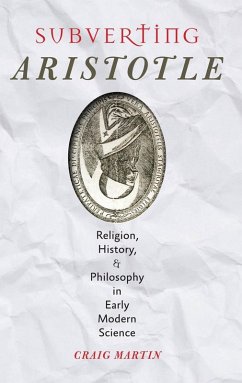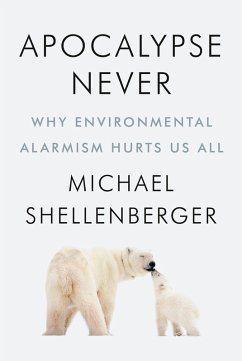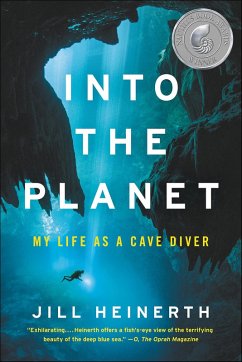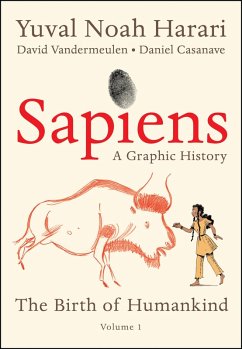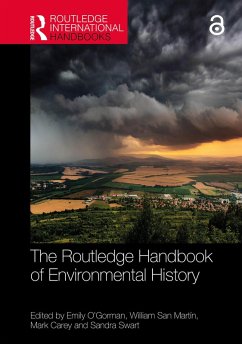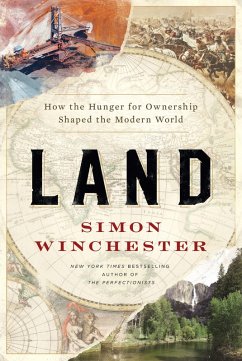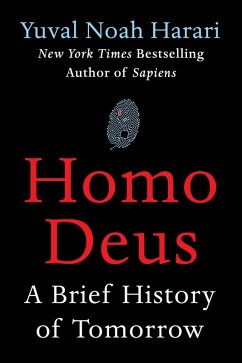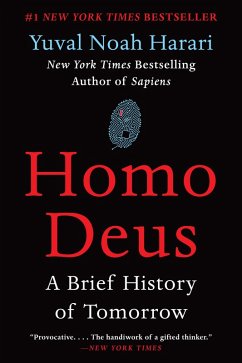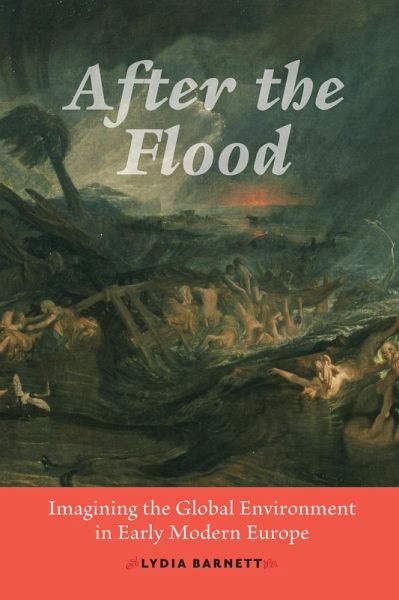
After the Flood (eBook, ePUB)
Imagining the Global Environment in Early Modern Europe
Versandkostenfrei!
Sofort per Download lieferbar
26,95 €
inkl. MwSt.
Weitere Ausgaben:

PAYBACK Punkte
13 °P sammeln!
How the story of Noah's Flood was central to the development of a global environmental consciousness in early modern Europe.Winner of the Morris D. Forkosch Prize by the Journal of the History of Ideas, Short-listed for the Kenshur Prize by the Center for Eighteenth-Century Studies, Indiana UniversityMany centuries before the emergence of the scientific consensus on climate change, people began to imagine the existence of a global environment: a natural system capable of changing humans and of being changed by them. In After the Flood, Lydia Barnett traces the history of this idea back to the ...
How the story of Noah's Flood was central to the development of a global environmental consciousness in early modern Europe.Winner of the Morris D. Forkosch Prize by the Journal of the History of Ideas, Short-listed for the Kenshur Prize by the Center for Eighteenth-Century Studies, Indiana UniversityMany centuries before the emergence of the scientific consensus on climate change, people began to imagine the existence of a global environment: a natural system capable of changing humans and of being changed by them. In After the Flood, Lydia Barnett traces the history of this idea back to the early modern period, when the Scientific Revolution, the Reformations, the Little Ice Age, and the overseas expansion of European empire, religion, and commerce gave rise to new ideas about nature and humanity, and their intersecting histories. Recovering a forgotten episode in the history of environmental thought, Barnett brings to light the crucial role of religious faith and conflict in fostering new ways of thinking about the capacity of humans and nature to change each other on a planetary scale. In the hands of Protestant and Catholic writers from across Europe and its American colonies, the biblical story of Noah's Flood became a vehicle for imagining the power of sin to wreck the world, the dangers of overpopulation, the transformative effects of shifting landforms on the course of human history, and the impact of a changing climate on human bodies, health, and lives. Following Noah's Flood as a popular topic of debate through long-distance networks of knowledge from the late sixteenth through the early eighteenth centuries, Barnett reveals how early modern earth and environmental sciences were shaped by gender, evangelism, empire, race, and nation. After the Flood illuminates the hidden role and complicated legacy of religion in the emergence of a global environmental consciousness.
Dieser Download kann aus rechtlichen Gründen nur mit Rechnungsadresse in A, B, BG, CY, CZ, D, DK, EW, E, FIN, F, GR, HR, H, IRL, I, LT, L, LR, M, NL, PL, P, R, S, SLO, SK ausgeliefert werden.




